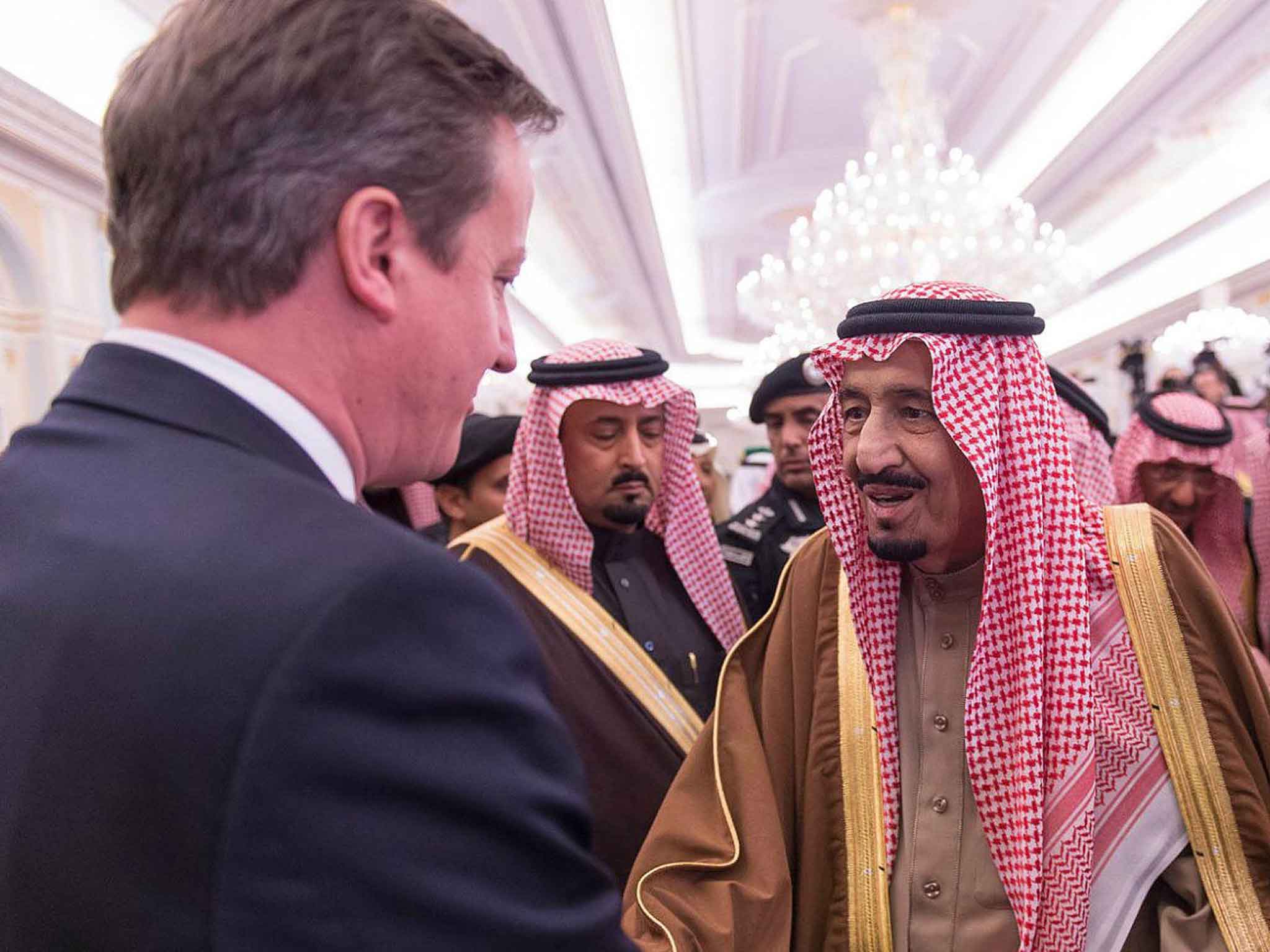Philip Hammond fails to deny claims Britain helped put Saudi Arabia on UN Human Rights Council
The UK is accused of aiding a country with one of the world's worst human rights record through secret vote-trading

Britain has been accused of playing a key role in Saudi Arabia’s election to the UN Human Rights Council (UNHRC) through a secret vote-trading deal carried out between London and Riyadh to ensure that both countries obtained membership.
The election of Saudi Arabia to one of the UN’s most respected institutions two years ago caused international astonishment, as the Kingdom is widely regarded as having one of the worst human rights records in the world.
Secret Saudi cables passed on to Wikileaks indicated that it was Britain which had initiated negotiations by asking the Saudis for support.
“The delegation is honoured to send... the enclosed memorandum, which the delegation has received from the permanent mission of the United Kingdom asking it for the... backing of the candidacy of their country to the membership of the human rights council (HRC) for the period 2014-2016, in elections that will take place in 2013 in New York.
“The ministry might find it an opportunity to exchange support with the UK, where the Kingdom of Saudi Arabia would support the candidacy of the UK to the membership of the council for the period 2014-2015 in exchange for the support of the UK to the candidacy of the Kingdom of Saudi Arabia.”
Another cable said that Saudi Arabia had transferred $100,000 for “expenditures resulting from the campaign to nominate the Kingdom for membership of the human rights council for the period 2014-2016”. It remains unclear how the money was spent.
The Foreign Secretary, Philip Hammond, failed to deny that the Government had helped to get a state which carried out 79 executions in 2013 – three on people convicted of offences committed before they were 18 – into the UNHRC.
Mr Hammond told The Independent: “All sorts of people approach us and indeed this week all sorts of people have been approaching us about upcoming votes for different posts and we always listen politely to them and we always tell them the same thing: that we consider candidate on their merits... make our decisions in due course and we do not reveal either before a vote or after a vote our voting intentions or how we voted.”
Membership of the UNHRC had enabled Saudi Arabia to spread its influence. Three months ago Faisal bin Hassan Trad, its UN envoy, was appointed to chair a team, giving him the responsibility for appointing of specialists.
A day before his appointment was announced, Mr Trad denounced a UN report calling for member states to end the death penalty. A few weeks later, Saudi Arabia advertised for eight new executioners.
The figure for those executed by the Saudi state has risen to 137 this year, more, it is claimed, than those carried out by Isis. A Shia human rights activist, Ali al-Nimr, faces death by crucifixion after being convicted of taking part in an anti-government protest aged 17.
Amnesty International UK’s head of policy and government affairs Allan Hogarth said: “If the UK is doing back-room deals with Saudi officials over human rights, this would be a slap in the face for those beleaguered Saudi activists who already struggle with endemic persecution in the Kingdom.”
Join our commenting forum
Join thought-provoking conversations, follow other Independent readers and see their replies
Comments
Bookmark popover
Removed from bookmarks